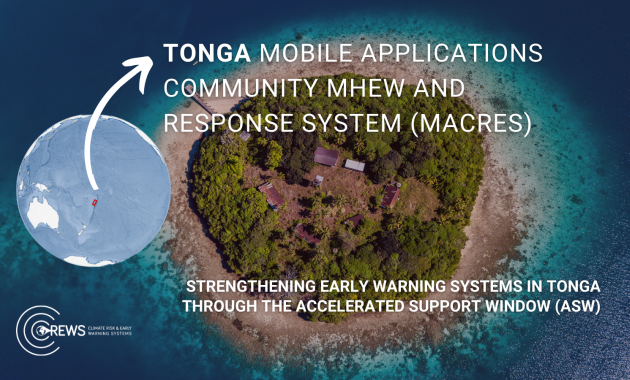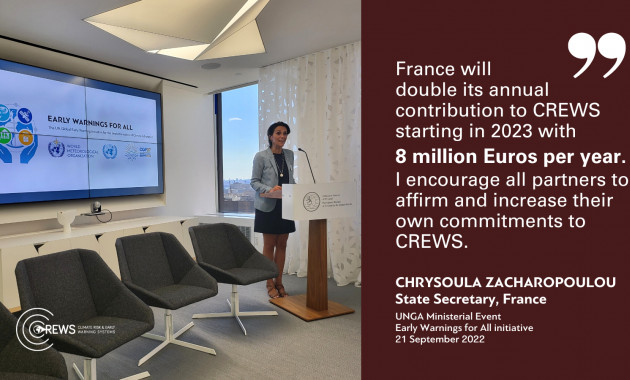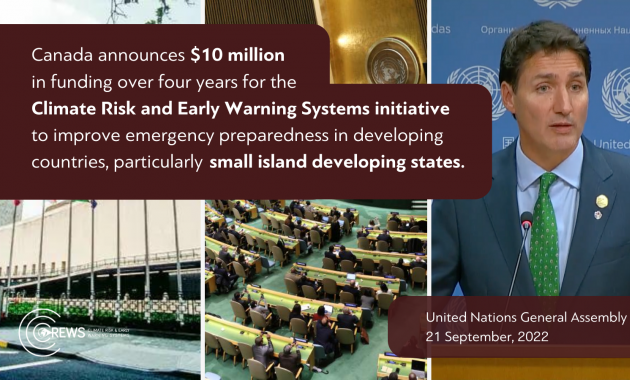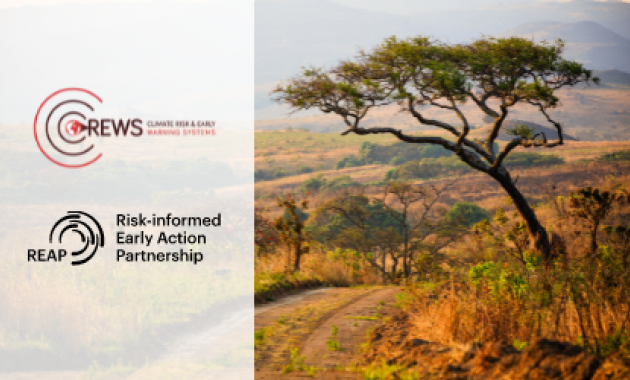The Intergovernmental Panel on Climate Change (IPCC) has started a virtual meeting (14 – 25 February 2022) to consider a landmark report on impacts, adaptation and vulnerability.
The report, the second instalment of the IPCC Sixth Assessment Report, integrates natural, social and economic sciences, highlighting the role of social justice and diverse forms of knowledge such as indigenous and local knowledge. It also reflects the increasing importance of urgent and immediate action to address climate risks. The report brings more knowledge at local and regional levels and linkages between biodiversity and climate change.
The report prepared by IPCC’s Working Group II will build on the Working Group I contribution to the Sixth Assessment Report released in August 2021 that showed that climate change is widespread, rapid and intensifying.
“From these previous reports, the message from the physics community is very clear. What we have seen happening so far and what is expected to happen during the coming decades and centuries, especially when it comes to melting of glaciers and sea level rise which is unfortunately going to last much longer than earlier estimated,” WMO Secretary-General Prof. Petteri Taalas told the opening session.
”The impacts of climate change are already very visible. We have seen them happening worldwide,” said Prof. Taalas. Especially vulnerable areas of the world include Africa, Southern Asia and the Pacific islands.
Prof. Taalas used the analogy of sports.
“At the moment we have the Winter Olympic Games in China where we have high performing athletes. If you give them doping substances, then they perform even more effectively. That is what we have done to the atmosphere. We have been doping the atmosphere. Our doping has been the use of fossil fuels and that has already led to an increase in disasters and their human and economic impact and biospheric impact,” he said.
“WMO published last year a report on disaster statistics for the past 50 years and we demonstrated that 4.5 billion inhabitants of this planet have experienced a major weather-related disaster during the past 20 years. There has been a drop in casualties thanks to improved early warning services but we have seen dramatic increases in economic losses,” said Prof. Taalas.
WMO and the United Nations Environment Programme (UNEP) are co-sponsors of the IPCC.
“The work of the IPCC underpins climate action,” said UNEP Executive Secretary Inger Andersen. “Acknowledging the science is only the first step. The growth in climate impacts is far outpacing our efforts to adapt to them,” she said.
The Working Group II session is taking place virtually, supported by the German government.
German Federal Minister of Education and Research Bettina Stark-Watzinger told the opening ceremony that “IPCC reports are our gold standard... we all rely on the information contained in the reports.”
The approval plenary is a culmination of a rigorous process of drafting and review that happens with all IPCC reports. Experts from all over the world provided over 16,000 comments on the first-order draft of the report. Experts and governments provided more than 40,000 comments on the second draft of the full report and the first draft of the Summary for Policymakers. The final government review of the Summary for Policymakers received about 5,700 comments. This reports references over 34,000 scientific papers.
“This is the final phase of a strict and meticulous review process of the report assessing impacts, adaptation and vulnerability to climate change, integrated across scientific disciplines inclusive of diverse forms of knowledge. Over the next two weeks, governments and scientists together will scrutinize the Summary for Policymakers line-by-line. Collectively, they will deliver a sound, tested and robust Summary. Its findings will be critically important for policymakers around the world,” said the Chair of the IPCC, Hoesung Lee.
The Working Group III contribution to the Sixth Assessment Report and the concluding Synthesis Report are scheduled to be finalized in early April and September 2022 respectively.









